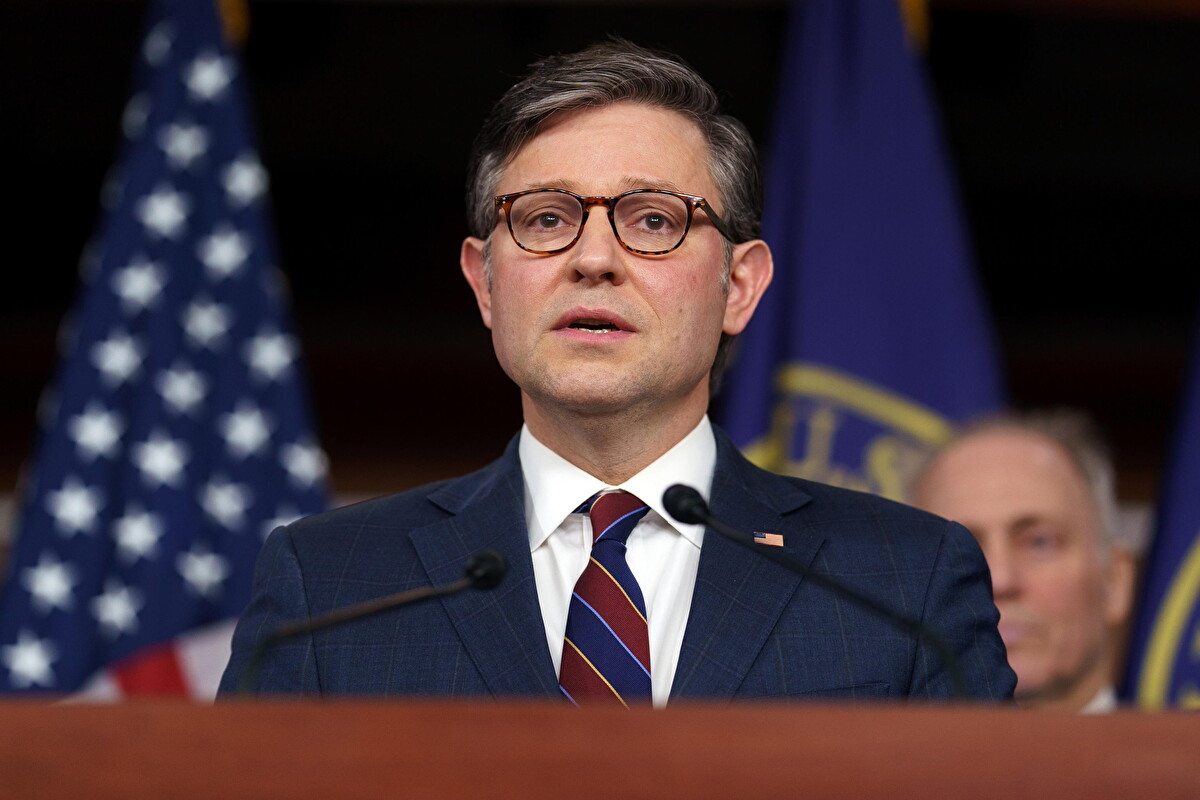As election day approaches, with tens of millions of ballots already cast in early voting across the country, Donald Trump and the Republican Party have already set into motion a plan to challenge election results across multiple fronts. Drawing from the former President’s efforts to illegally overturn the 2020 presidential election, the playbook this time around intensifies strategies from four years ago and employs new tactics, which are built around two major initiatives.
First is the Republican National Committee’s flood of lawsuits across the country, mostly in the crucial swing states Arizona, Georgia, Michigan, Nevada, North Carolina, Pennsylvania, and Wisconsin. The GOP’s national organization, currently co-chaired by Donald Trump’s daughter-in-law Lara, is using over 130 legal actions to cast doubt on the election’s integrity in practically every conceivable way, challenging ballot-counting procedures, the certification of results, and voting machines, among other supposed issues. They are also going after voters themselves with challenges to voter registrations and absentee ballots.
The RNC’s actions are an expansion of Trump’s tactics in 2020, when his campaign filed over 60 lawsuits after the election to challenge the results, all of which were thrown out of court for lacking merit. Indeed, the only legal results from that initiative have been consequences for those who participated in it, like Trump lawyer Sidney Powell, who had to agree to six years’ probation, thousands in fines, and a letter of apology to the people of Georgia; or Rudy Giuliani, who was found liable to over $140 million in damages for defaming election workers in the same state.
The second major initiative from the GOP and Trump campaign to influence the upcoming election is built around election volunteers and personnel. The RNC, in coordination with conservative organizations backed by oligarchs like Richard Uihlein, has assembled 230,000 volunteer poll watchers and election workers with the intent of contesting the election results. Those taking part in this strategy are being trained by the groups like the Election Integrity Network, run by conservative lawyer Cleta Mitchell, who is keeping Trump’s false claims of voter fraud and corruption in the democratic system alive. “Just remember that what we are collectively trying to do is save our country from the radical left,” Mitchell said on a training call with volunteers. “They are fixated on the election process because they know that if they can manipulate the process, they can generate the policy outcomes that they want. And that’s what they did in 2020.” These conservative groups have already issued guides to their volunteers and local officials on how to conduct investigations before certifying election results (which prior to 2020, was treated as a pro-forma process rather than an opportunity for verification), and are creating lists of voter registrations that activists like Mitchell deem suspicious, based on factors like “ethnic names.”
Beyond the chaos that these local officials and volunteers can wreak on the election process, there are also Trump-endorsed officials at higher levels of state government that plan to help them. Georgia’s unelected State Election Board, which is now populated with Trump loyalists chosen by the governor and secretary of state, tried to change rules governing the counting of election results at the county level, offering those officials greater latitude to refuse certification of results. Those changes were successfully challenged in court, where a Georgia state judge called them “illegal, unconstitutional and void.” In 2020, Trump narrowly lost the state to Joe Biden and claimed that his defeat was the result of widespread voter fraud. His claims, as they were in every single other case, were found to be without merit.
While recent polling shows that most Americans are concerned with voter fraud in this election, that concern does not line up with the facts, and is the result of the political messaging strategies of the Trump campaign and the Republican party than it is reflective of any emerging reality. The Brennan Center for Justice’s latest study on the issue found “incident rates [of voter fraud] between 0.0003 percent and 0.0025 percent,” which is consistent with decades-worth of other academic studies and government inquiries.












